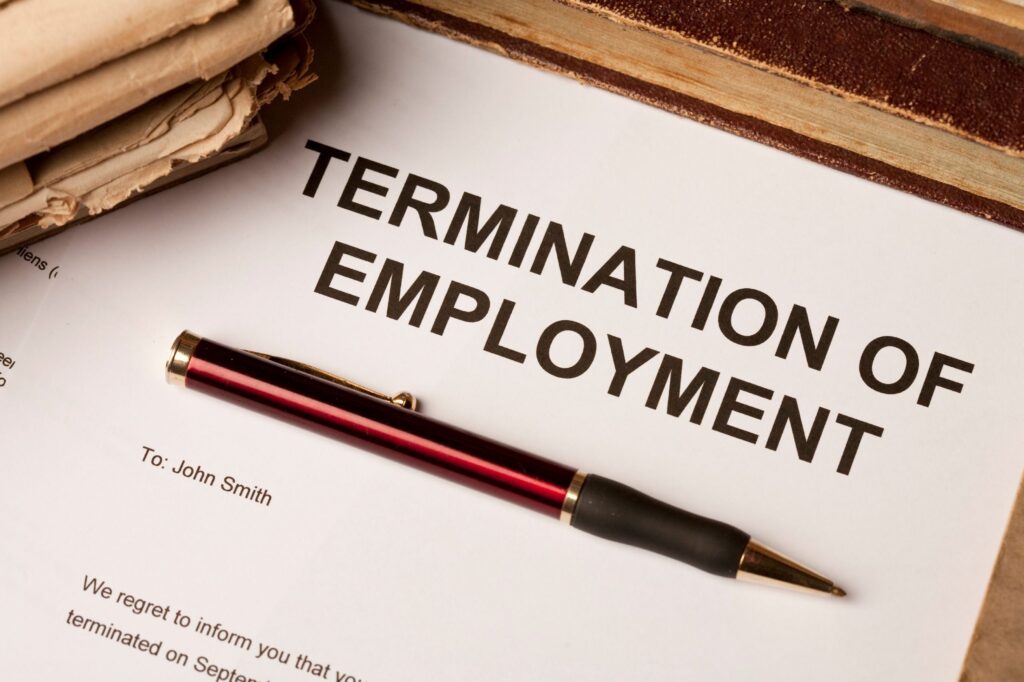After two years of disruption driven by the COVID-19 pandemic, we’re all hopeful that 2022 will mark a move away from the reactive changes and challenges we’ve faced over the past two years.
Whilst it’s impossible to ever be 100% certain, we’ve outlined the key employment law changes which are expected in the coming months below.
- Statutory Sick Pay Scheme (SSP)
The Sick Pay Bill 2021 was originally expected to come into law in early 2022. However, the operational details of this Bill have not been finalised and there is no confirmation of when it will come into operation.
The Statutory Sick Pay Scheme will require all employers to provide sick pay to qualifying employees. Those that qualify will be entitled to paid sick leave for three days from later this year, increasing to five days in 2023, seven days in 2024, and 10 days in 2025. The SSP scheme is being introduced on a phased basis to allow employers the opportunity to manage and plan for this additional expense. Under the proposed legislation, employers will be required to pay 70% of an employee’s wage, and a daily threshold of €110 will apply.
This is a substantial change to Irish employment law. There’s currently no Statutory Sick Pay in Ireland and employees have no legal entitlement to be paid for sick leave. Ireland is one of the few countries in the EU that doesn’t currently operate a statutory sick pay.
- Gender Pay Gap reporting
The Gender Pay Gap Information Act 2021 was signed into Irish law in July 2021. While the legislation introduced gender pay gap reporting to Ireland, the technical elements of this Bill have not yet been published. It’s currently unclear what the specific reporting obligations for employers will be under this Act.
A gender pay gap is considered the percentage difference between the average hourly wage of men and women in a business. Gender pay gap legislation will legally require employers to reveal the pay gap between female and male employees. It will come into effect on a phased basis, initially affecting both private and public sector employers who employ more than 250 employees. Within two years it will be applicable to employers who employ more than 150 employees, within three years becoming applicable to those with 50+ employees. For employers with under 50 employees, there will be no reporting obligations.
The gender pay gap in Ireland is currently 14.4%, whilst the average gender pay gap in the EU stands at 14.1%. Currently, the date for when the first annual gender pay gap disclosure requirement will commence is unconfirmed. Whilst the Act itself doesn’t give rise to penalties, there is potential for serious reputational damage for businesses.
- Right to work remotely
Remote working can bring many benefits and many employees have embraced the opportunity to work from home. But there are those who haven’t been as happy with this emerging trend, because not every employee can work from home. Not every employee enjoys working from home either and some have reported experiencing reduced efficiency or increased anxiety.
For many employers, remote working has created numerous challenges as not every business is able to facilitate remote working. In January 2021, the Government published their National Remote Working Strategy. This Strategy created a roadmap for the future of remote work in Ireland. Included in this Strategy is the proposed right for an employee to make a request to work remotely.
This Strategy was originally expected to come into effect in 2021, but there has been no recent update on the status of this legislation. This eagerly anticipated legislation will provide a legal framework for which requests from employees to work remotely can be managed, providing clarity for both employers and employees. Employers should begin to review their policies and procedures in relation to remote working and ensure that they’re prepared for when this legislation comes into effect.
- Whistleblowing
Ireland has not yet given effect to the EU Whistleblowing Directive, though it is expected to be transposed into Irish law later in 2022. Legislation to protect whistleblowers already exists in Ireland and the adopting of this Directive will offer an extension of the current laws in place. The Protected Disclosures Act 2014 provides special protections for employees who “blow the whistle”.
This legislation is primarily aimed at encouraging and protecting employees in relation to the reporting of wrongdoing in the workplace. This law will apply to both public and private businesses that operate within the EU and have 50+ employees. The Directive aims to provide a system of common minimum standards of protection across the EU to whistleblowers who raise breaches of EU law with their employer. It’s important to note that this Directive only applies to EU laws and doesn’t offer protection to whistleblowers of breaches of non-EU laws. This Directive is scheduled to be implemented on a phased basis and will initially affect businesses with 250 employees or more. It’s advisable that employers familiarise themselves with these incoming changes and plan for what lies ahead.
- Parents Leave
The right of employees to take unpaid parental is provided for in the Parental Leave Acts, 1998-2019. This law is designed to allow parents to take a period of unpaid leave from their employment to care for their children.
Parents Leave was introduced in 2019 and created a right for parents to take paid leave from work during the first year of a child’s life. In 2021, these provisions were extended to provide parents with five weeks of paid leave during the first two years of their child’s life. In Budget 2022 it was announced that this leave would be extended to provide parents with seven weeks of paid Parents Leave. These changes are due to come into effect from July 2022.
Our HR consultants can help with your HR challenges
For help managing your HR challenges during 2022, contact one of our HR consultants today for support on 01 886 0350 or request a callback here.








